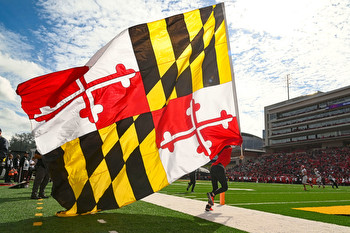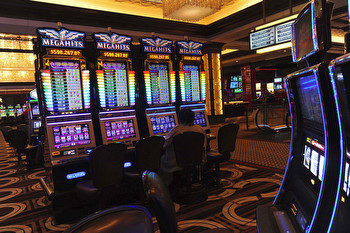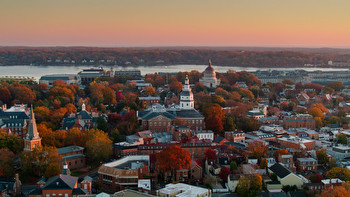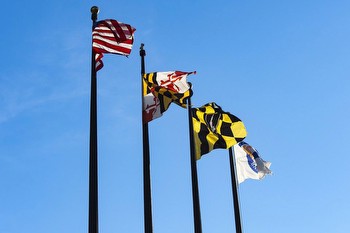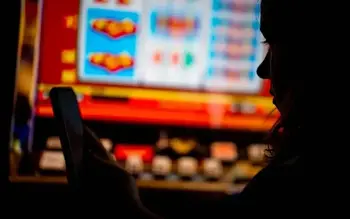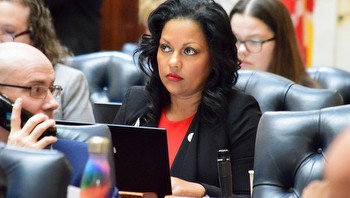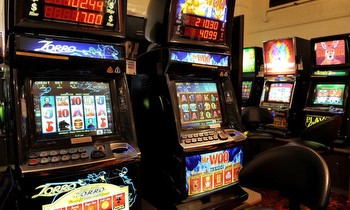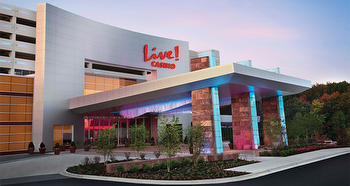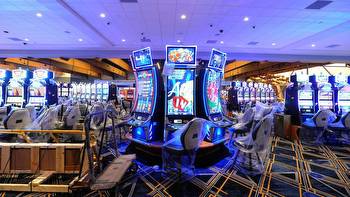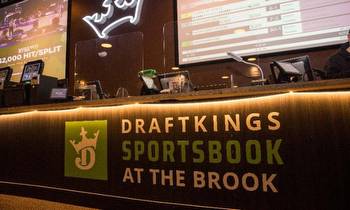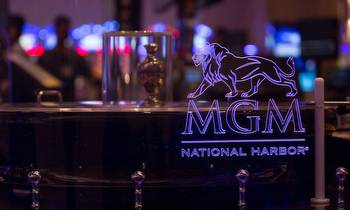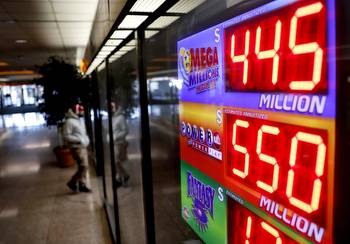Maryland online casino bill headed to House floor following overhaul

Lawmakers in Maryland are fighting against the clock in their effort to bring online casino legalization to the ballot box in November.
A House committee advanced HB 1319 on March 13 but only after an overhaul of the proposed igaming legislation that the full House will now need to pass by March 18 in order for it to move on to the Senate.
Delegate Vanessa Atterbeary, chair of the House Ways & Means Committee and the bill’s sponsor, initiated the amendments, which included expanding the number of potential igaming licenses from 12 to as many as 30 while establishing a prohibition on the use of credit cards as a funding method for online casino accounts.
An additional stipulation intended to create a more diverse and inclusive licensee pool was also added to the bill.
The updated language establishes a tiered licensing process in which Maryland’s six casinos would be eligible for up to three skins but would need to share 5% of igaming revenue with a social equity applicant partner to qualify for the initial license. A second skin would be attainable upon a revenue-sharing agreement of 33%, which would subsequently unlock access to the third license.
Social equity applicants, conversely, would need to meet the following criteria: 1) Attended public school in an economically disadvantaged area for at least five of the past 10 years; 2) Attended a minimum of two years at a four-year college in a state where at least 40% of individuals are eligible for a Pell Grant; 3) Has a personal net worth that does not exceed a number determined by the Maryland Lottery and Gaming Commission.
Notably unchanged in the bill are the tax rates – 55% for online slots and table games, and 20% for live dealer games – which have been the subject of opposition among lawmakers and industry stakeholders.
The legislation now faces a tight window for advancement given Maryland’s March 18 crossover deadline. And even if it does get to the Senate, it will find itself coming up fast against the end of the state’s legislative session on April 8.








